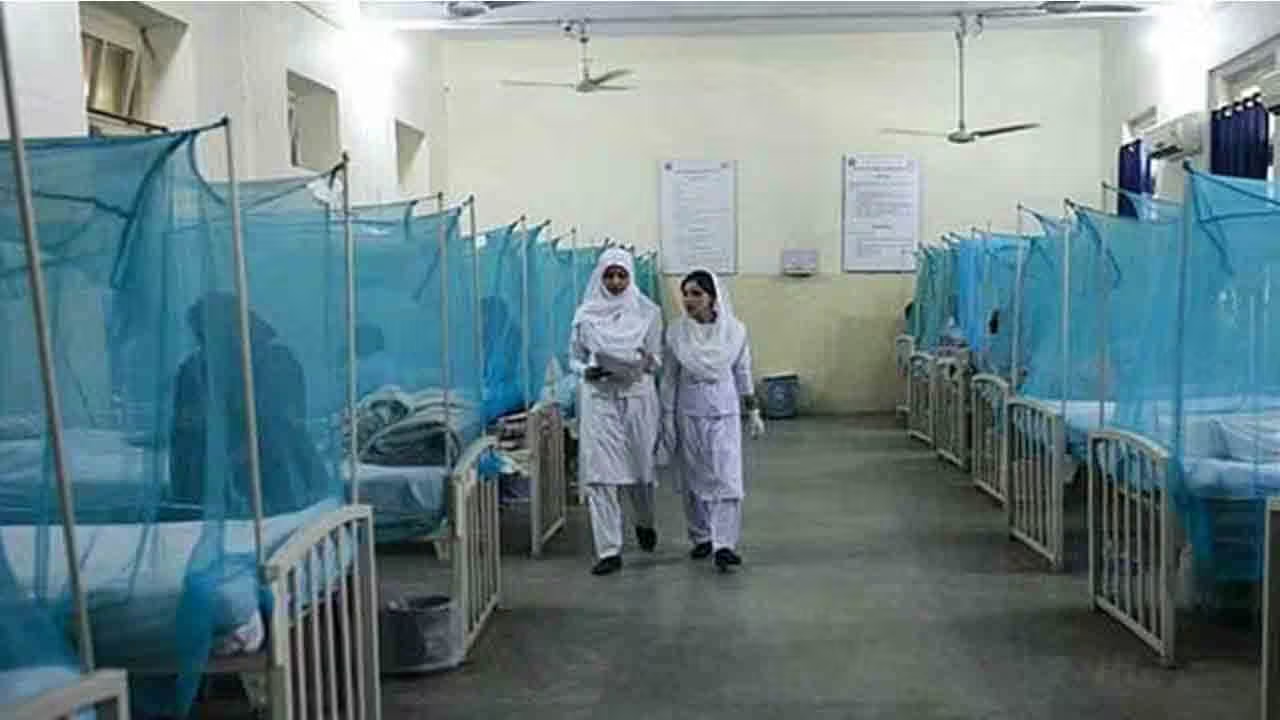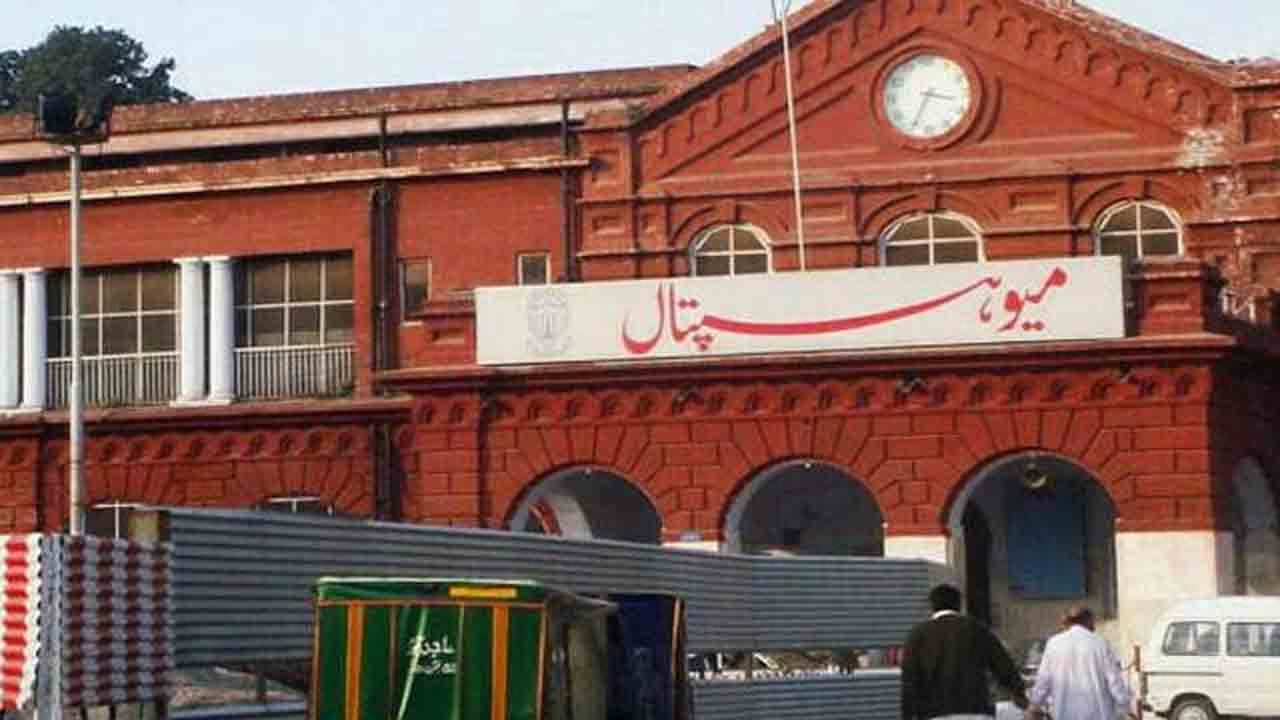The dengue outbreak in Punjab continues to raise alarm as the number of cases rapidly increases across the province. According to the latest figures provided by the health department, 157 new dengue cases were reported in Rawalpindi in the past 24 hours alone, with smaller numbers emerging from other districts, including Lahore and Jhelum. The rapid rise in cases underscores the urgency for enhanced preventive measures and public awareness campaigns to curb the spread of this mosquito-borne disease.
Dengue Situation Across Punjab
In the last 24 hours, a total of 168 cases were reported from various districts of Punjab. Rawalpindi remains the hardest-hit city with 157 cases, while Lahore saw eight new cases, and Jhelum reported two cases. Additionally, one case each was recorded in Gujranwala, Chakwal, Attock, Sargodha, and Okara. These numbers highlight the wide geographic spread of dengue in Punjab, affecting both urban centers and smaller districts.
The situation becomes even more concerning when looking at the broader trends. In just the last week, 904 dengue cases have been reported in the province. Cumulatively, since the beginning of the year, Punjab has seen 3,771 dengue cases, signaling a troubling rise in infections compared to previous years.
The Impact of Dengue in Rawalpindi
Rawalpindi has emerged as a hotspot for dengue infections, with the city consistently reporting the highest number of cases in the province. The densely populated urban environment, coupled with inadequate sanitation in some areas, has created ideal breeding grounds for the Aedes mosquito, which is responsible for spreading dengue. Health officials in Rawalpindi are scrambling to contain the outbreak, but the situation is proving challenging due to the rapid increase in cases.
The health department has stepped up fumigation efforts and launched awareness campaigns, urging residents to eliminate stagnant water from their homes and surroundings, where mosquitoes can breed. However, these measures appear to be falling short as the number of cases continues to climb. Local hospitals are also feeling the strain, with an increasing number of patients requiring treatment for dengue fever.
Efforts to Combat Dengue
The provincial health department is working tirelessly to address the dengue crisis. They have launched several initiatives aimed at both prevention and treatment. One of the primary measures taken by the government is widespread fumigation drives in affected areas, especially in hotspots like Rawalpindi and Lahore. These drives focus on eliminating mosquito breeding sites, such as stagnant water bodies, which are the primary source of dengue transmission.
In addition to fumigation, the health department has also been running public awareness campaigns to educate citizens on the importance of taking preventive measures. These include using mosquito repellents, wearing full-sleeved clothing, and ensuring that windows and doors are properly sealed to prevent mosquitoes from entering homes. Residents are also being urged to keep their surroundings clean and avoid letting water accumulate in open containers, tires, and other areas where mosquitoes can lay eggs.
Hospitals across Punjab have been put on high alert, with special dengue wards established to manage the influx of patients. Health officials are working to ensure that hospitals are well-equipped with the necessary medical supplies, including intravenous fluids and blood products, to treat severe dengue cases.
The Larger Provincial Picture
While Rawalpindi remains the focal point of the outbreak, other districts are also seeing an uptick in cases. Lahore, the provincial capital, has reported a steady rise in infections, though it remains behind Rawalpindi in terms of total cases. Jhelum, Gujranwala, Chakwal, Attock, Sargodha, and Okara have also reported cases, though in much smaller numbers. These districts are considered at lower risk compared to larger cities but are still experiencing the spread of dengue, indicating the pervasive nature of the disease.
The government’s challenge now is to contain the outbreak before it spirals out of control. As the number of cases grows, there is a real risk of the healthcare system being overwhelmed, particularly in high-density areas like Rawalpindi. Moreover, with dengue being a seasonal disease that typically peaks during the monsoon months, there is concern that the worst may still be ahead.
Urgent Need for Public Cooperation
Health officials have repeatedly emphasized the importance of public cooperation in combating dengue. While the government can take steps like fumigation and awareness campaigns, the role of individuals is crucial in controlling the spread of the virus. Simple actions, such as keeping homes clean, covering water containers, and using mosquito nets, can go a long way in preventing the spread of dengue.
Moreover, the public must stay vigilant for symptoms of dengue, which include high fever, severe headaches, joint and muscle pain, and rash. Early detection and treatment can prevent complications, which can sometimes be life-threatening. Residents are encouraged to seek medical attention if they experience any symptoms of dengue, rather than resorting to self-medication.
The dengue outbreak in Punjab is a cause for serious concern, with over 3,700 cases reported so far this year and numbers continuing to climb. Rawalpindi remains the most affected city, but the virus has spread across multiple districts, making it a province-wide issue. While the government is taking necessary steps to address the crisis, public cooperation is critical in preventing further infections. As the dengue season progresses, it is imperative that both authorities and citizens work together to combat this health crisis.



